Are you lying awake right now, reading this in the middle of the night? Do you often wake up and reach for your phone in the wee hours of the morning? If so, you might be thinking of trying the social media trend “sleepmaxxing” to solve your sleep problems.
Sleepmaxxing is a trend that encompasses various methods, products, and advice targeted toward improving your sleep quality. Mouth taping, nostril expanders, various supplements (melatonin, magnesium, etc.), white noise, sleep trackers, and DIY teas and elixirs are a few things being touted as antidotes for poor sleep.
For a professional take on the trend, we talked with sleep specialist Ed O'Malley, Ph.D., FAASM, who says that sleepmaxxing isn’t actually a new thing — it just has a new name. “It’s a rebranding of traditional sleep hygiene recommendations wrapped in new social media clothing,” he says. “No caffeine after 3 p.m., dark and cool bedrooms, white noise machines to mask noises at night can all help you sleep more soundly.”
Where sleepmaxxing goes wrong is advocating various unfounded and potentially harmful methods and products, Dr. O'Malley says. Among these, he cites questionable sleep supplements that may interfere with sleep (or affect other medications you’re taking), mouth taping (which can worsen sleep apnea), and nonmedical-grade sleep trackers and devices that can create an overreliance on sleep data that may, in turn, increase anxiety and ultimately lead to even more problems sleeping.
He gives banana peel tea, popular among those who practice sleepmaxxing, mixed reviews. “Banana peel tea contains the precursors for melatonin and serotonin, that help regulate circadian rhythm and help with sleep onset,” he says. “However, magnesium is also a component, which can help relax the nervous system but also can cause gastric distress and disturb sleep.”
To get more restful z’s, Dr. O'Malley recommends tried-and-true methods, such as lowering daytime caffeine use and reducing nighttime alcohol use, avoiding electronic devices within one to two hours of bedtime, keeping a consistent sleep-wake schedule, and relaxation exercises such as meditation and yoga. He’s also a proponent of red light exposure — from products like the Helight Sleep — that increase melatonin production. And if you’re suffering from insomnia or feeling excessively tired during the day, be sure to chat with a doctor.
This article is for general informational purposes only.
Affiliate Disclaimer Medical Disclaimer



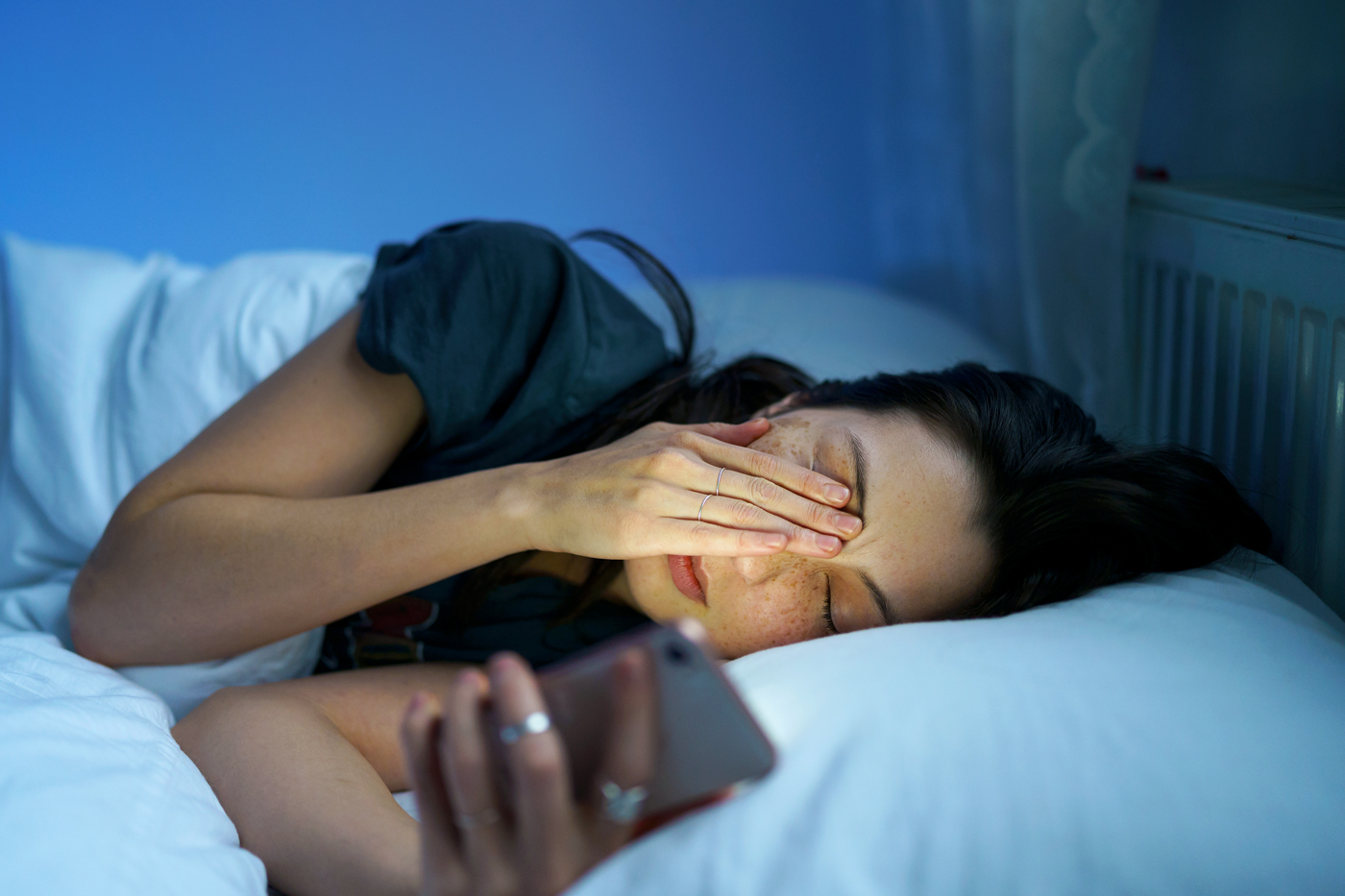
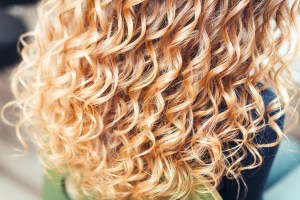
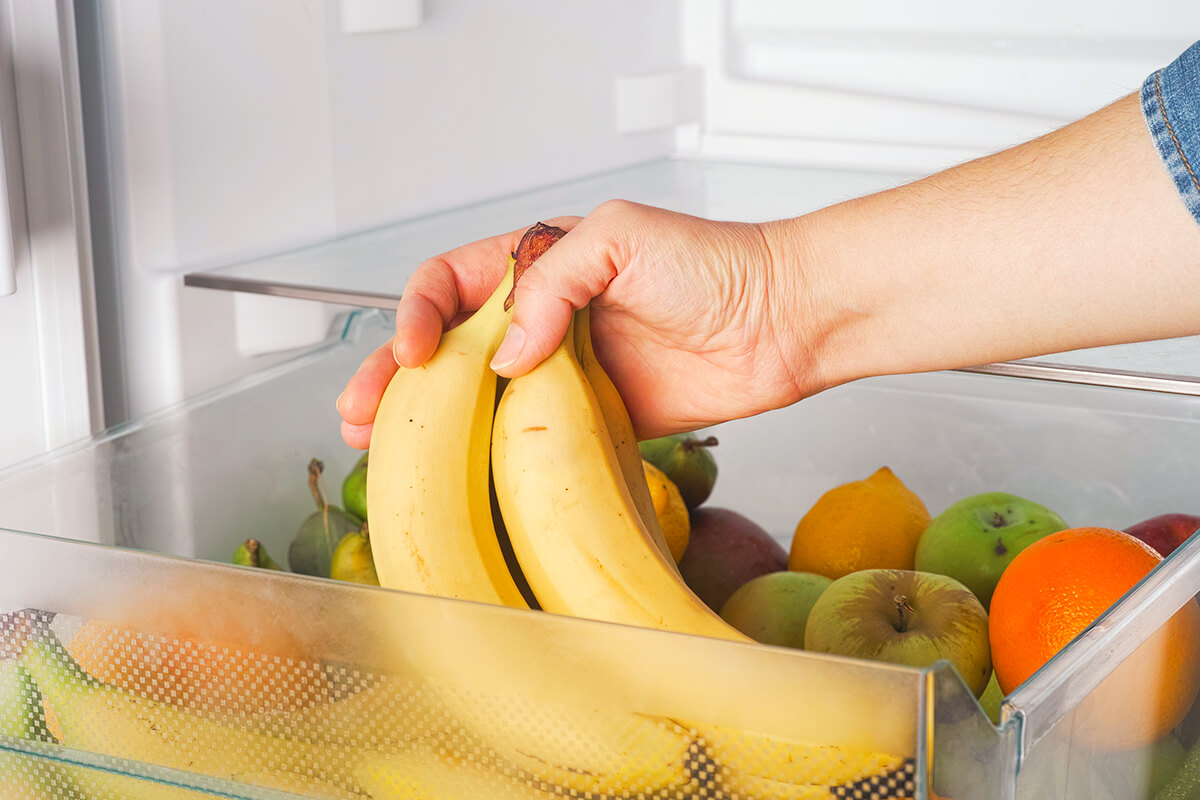


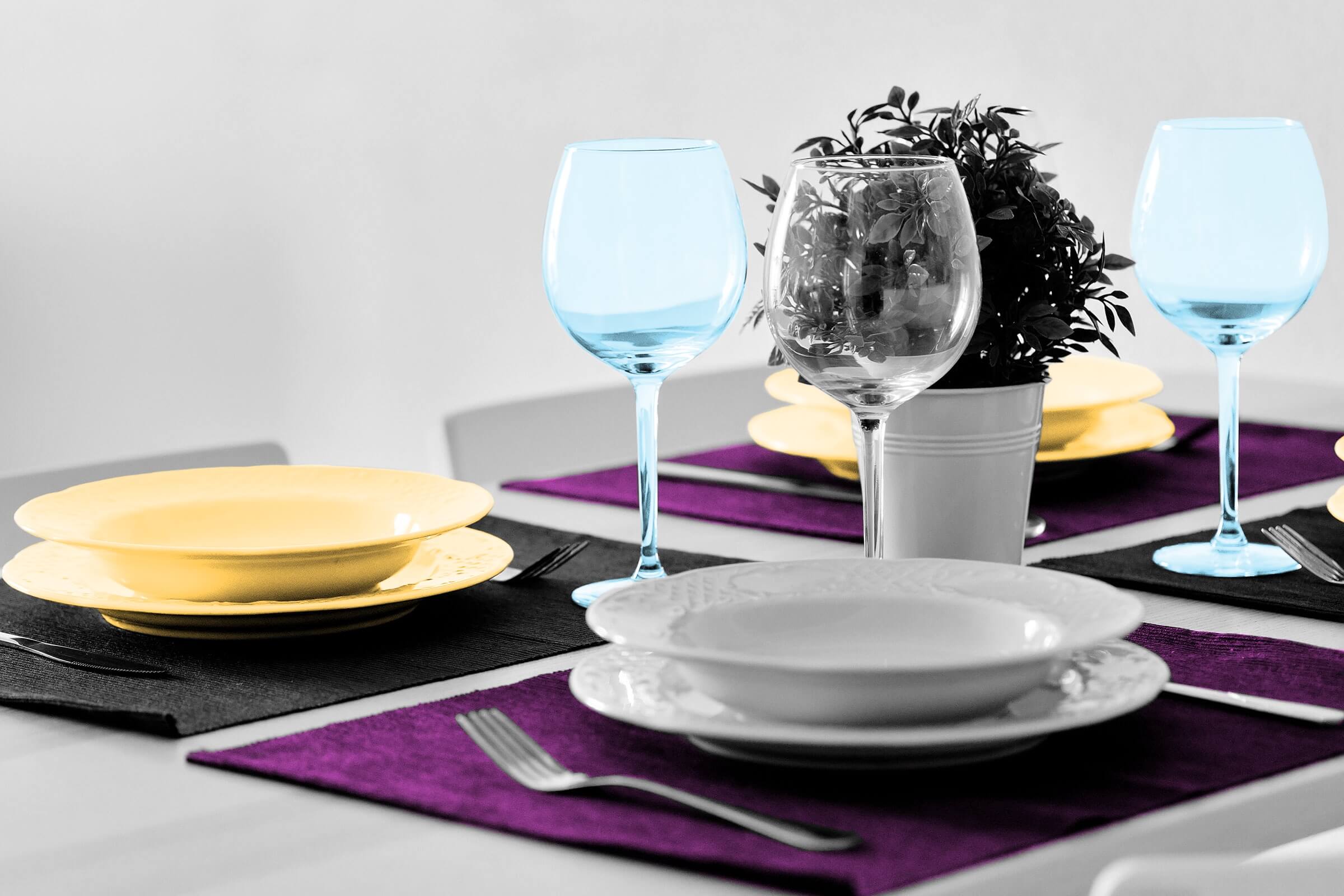

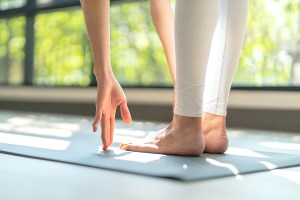

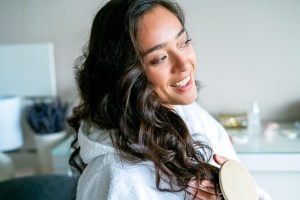
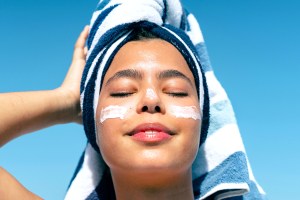
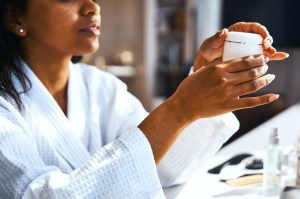

 Unique Beauty is free for all users.
Unique Beauty is free for all users.